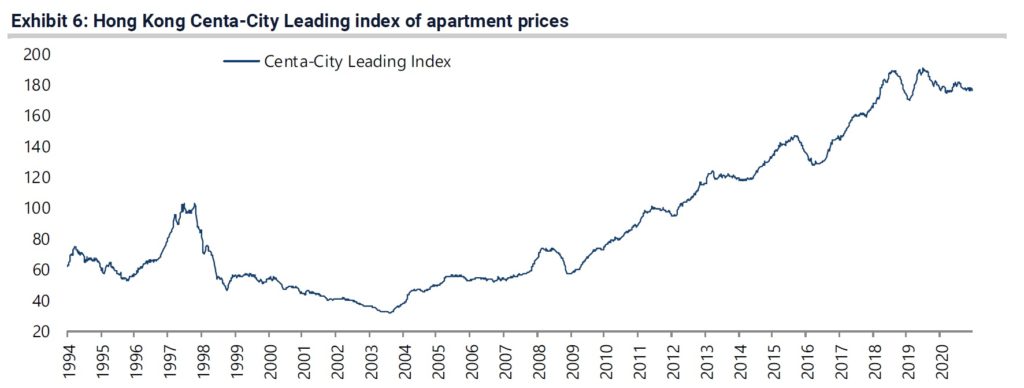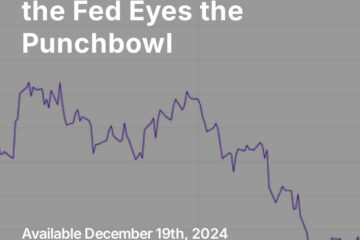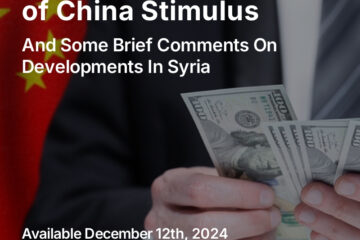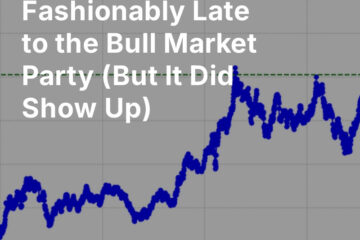Hong Kong had a rough 2020, hit by the pandemic, by escalating tensions between the U.S. and the People’s Republic of China, and by ongoing resistance in Hong Kong to the effective early end of the “one country, two systems” policy that had once seen the PRC largely leave Hong Kong’s local governance intact. With the new security law imposed by the mainland government, those days are over — a few decades earlier than hoped.
Hong Kong’s economy is largely driven by finance, property, and tourism. All were severely affected by 2020’s perfect storm. In addition, the government did not engage in the same massive life-support efforts extended to the tourist industry and local employers by most of the world’s developed governments. Put it all together, and Hong Kong-listed property developers were trading at a 50% discount to book at the end of the year.
We believe that this severe a dislocation is unjustified. First, the mainland needs Hong Kong to continue to exist and function as a finance-focused gateway to the rest of the world. They do not want to lose it; they are now fully in charge, and it is in their interest for Hong Kong to prosper economically and financially. The Greater Bay Area of which Hong Kong is a part accounted for 11% of China’s economic activity and 36% of its exports in 2019.
Second, Hong Kong property has remained robust, now 1.1% above its March low, and remaining steady after a decade and a half of rapid appreciation — in spite of all the political turmoil of the past few years.

Construction remains low, which supports higher prices. The falling U.S. dollar, to which the Hong Kong Dollar is tied, has meant that Hong Kong financial authorities have been injecting liquidity, and rates have dropped dramatically.
Meanwhile, on the mainland, the Chinese government is doing another, quieter crackdown, on its internet giants. We think this is also a crackdown on a necessary and much-desired source of power and wealth for the government. The Chinese will not crush their internet leaders; they’re far too useful for that. But with their growing power and influence, the government wants to remind them whose interests they ultimately need to serve. Perhaps some prominent executives, such as Alibaba’s [BABA] Jack Ma, will ultimately be jailed. This process will depress sentiment on these companies. But they remain highly innovative tech leaders, and even with their wings clipped, they will be buys at some point in the future, and investors should not kick them to the curb. There is also a risk that some countries, including the U.S., may disallow the listing of Chinese and Hong Kong companies on their exchanges.
Investment implications: On balance, with easing pandemic fears, accelerating trade, a regime change in Washington, and the resolution of political pressures, 2021 could be a good year for Hong Kong equities.



